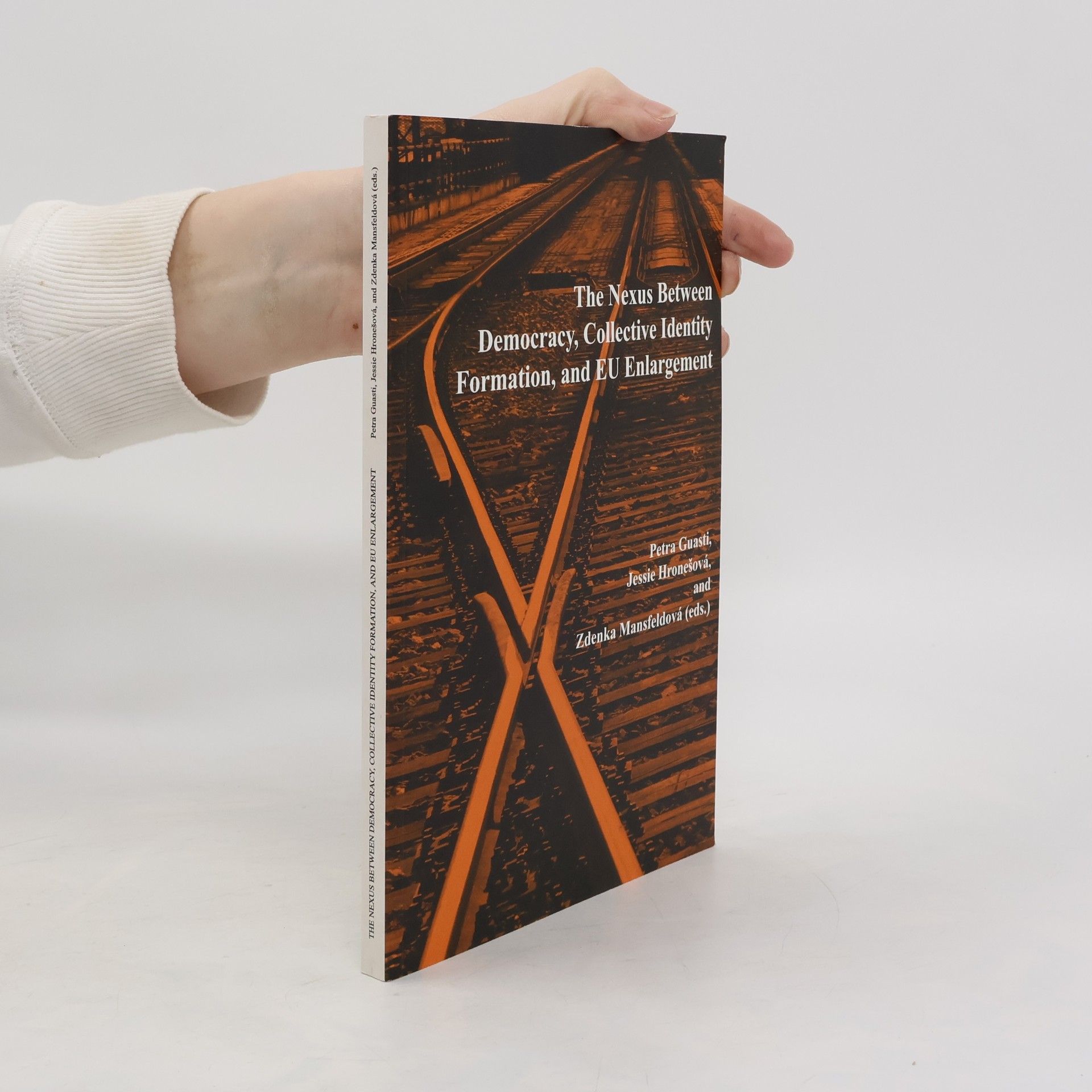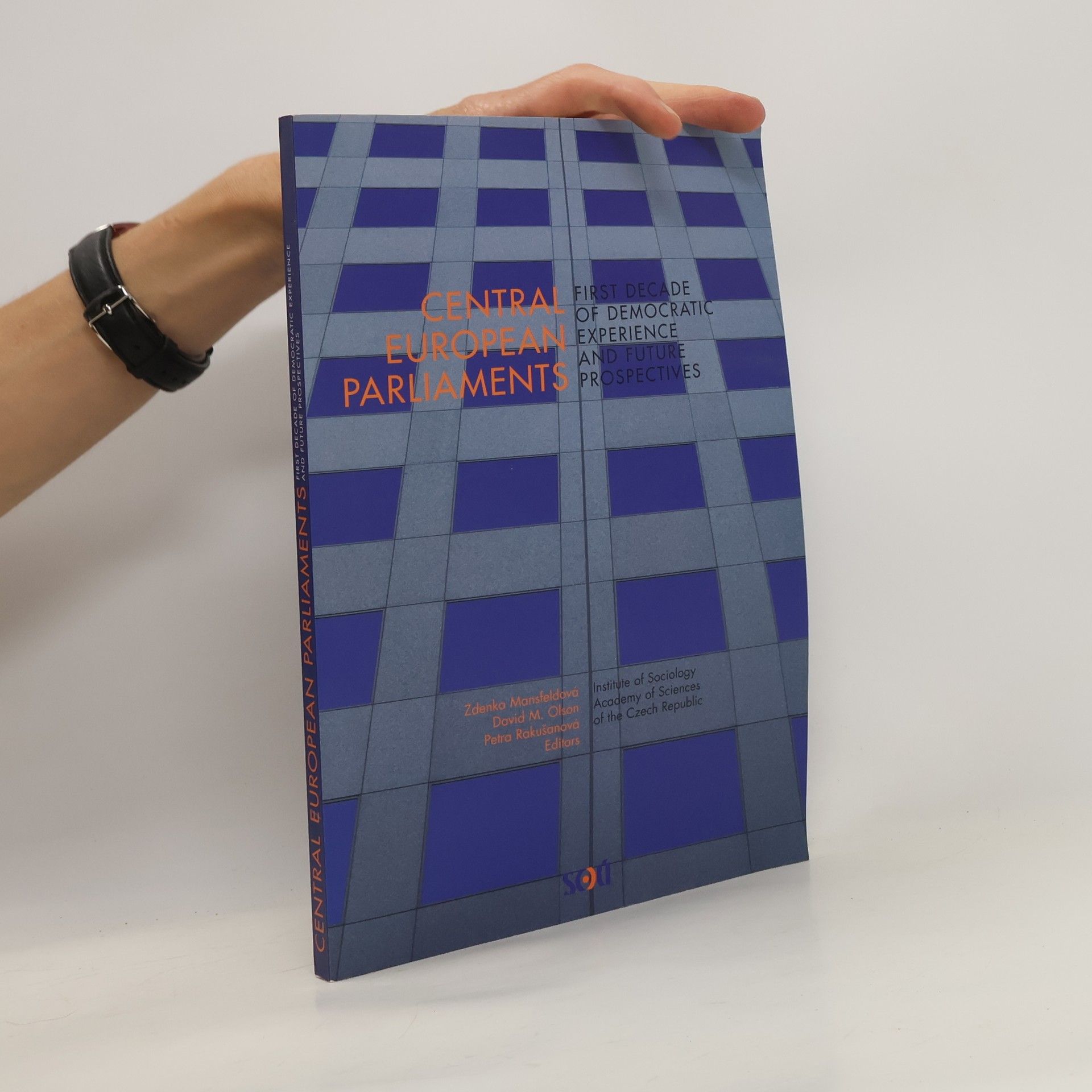Zdenka Mansfeldova Knihy

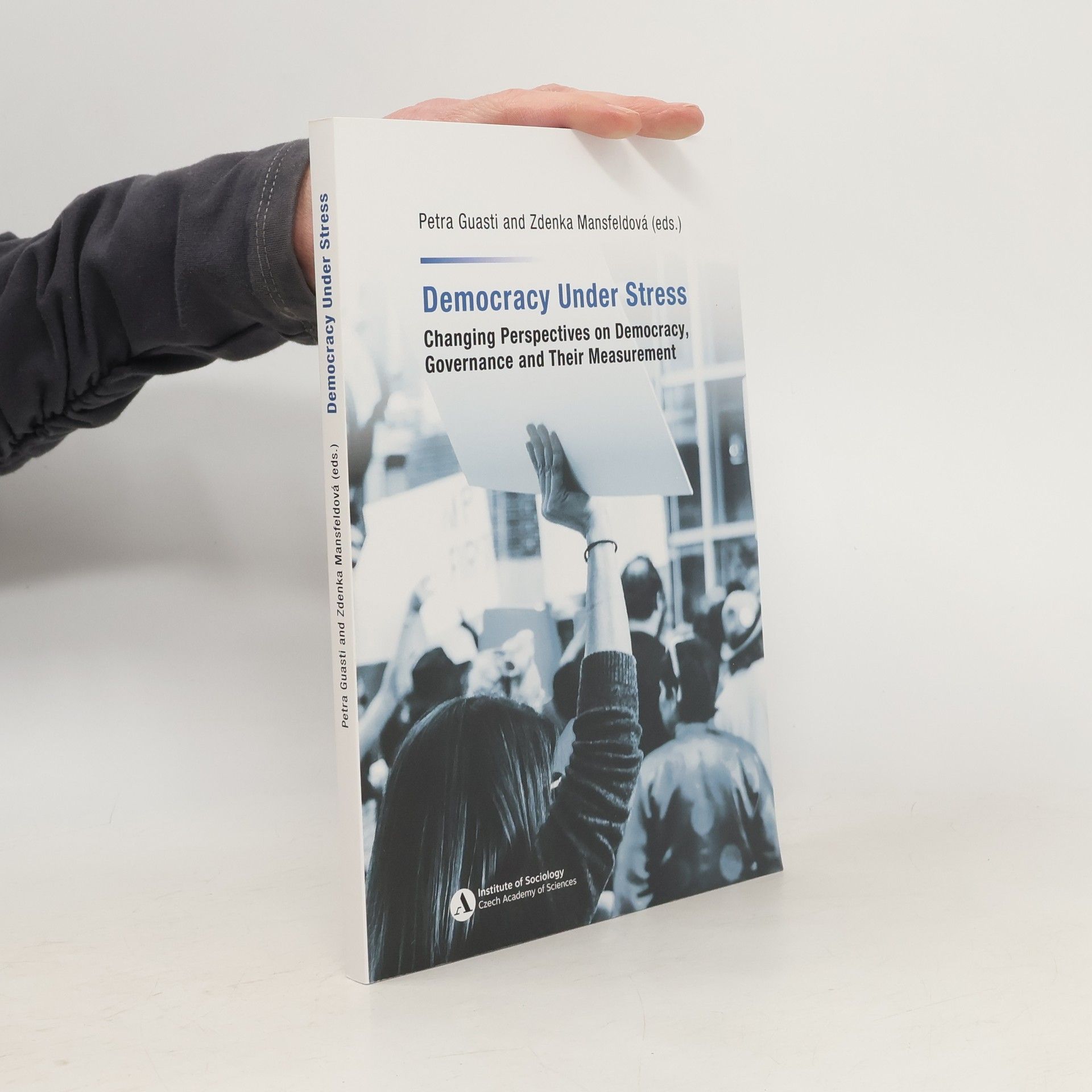



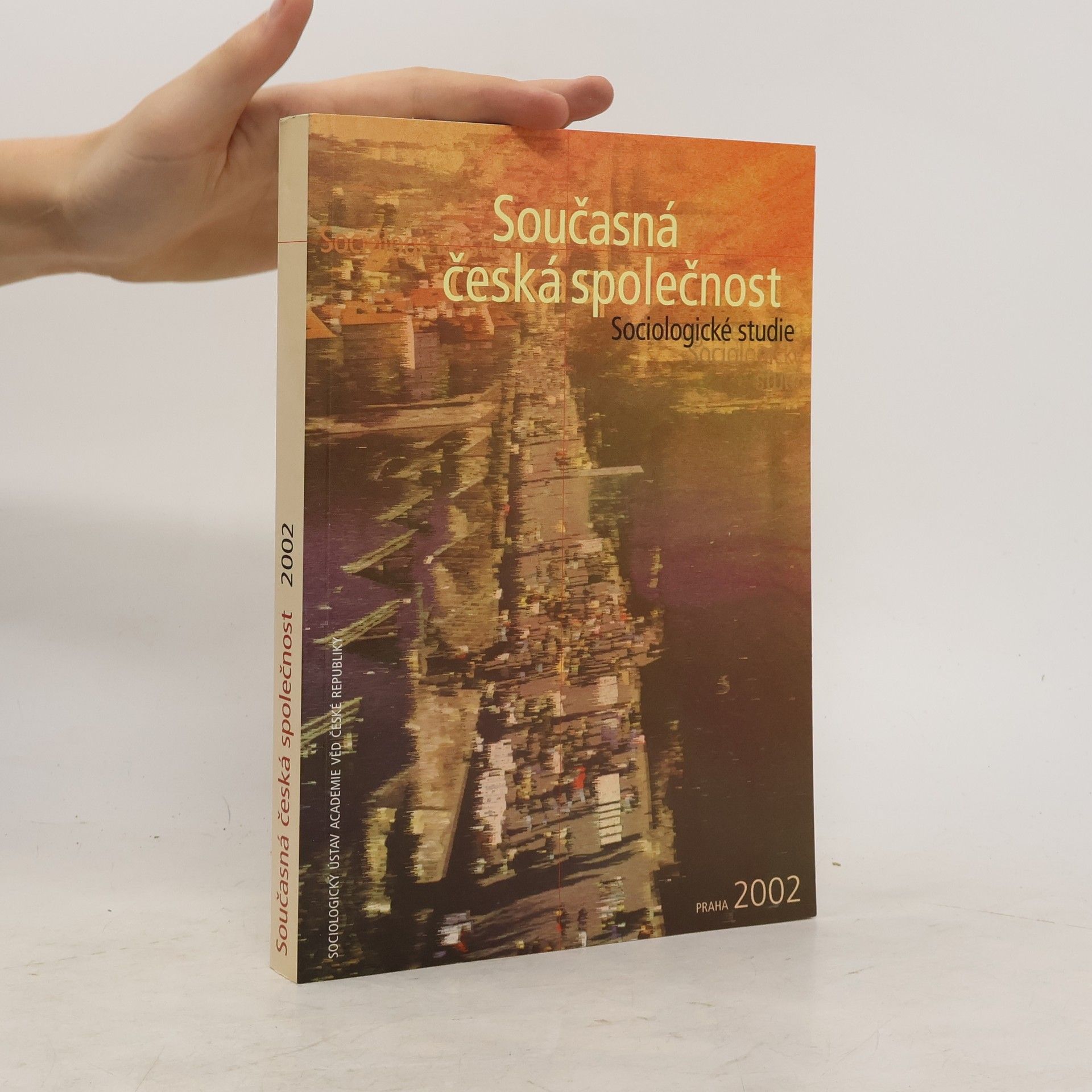
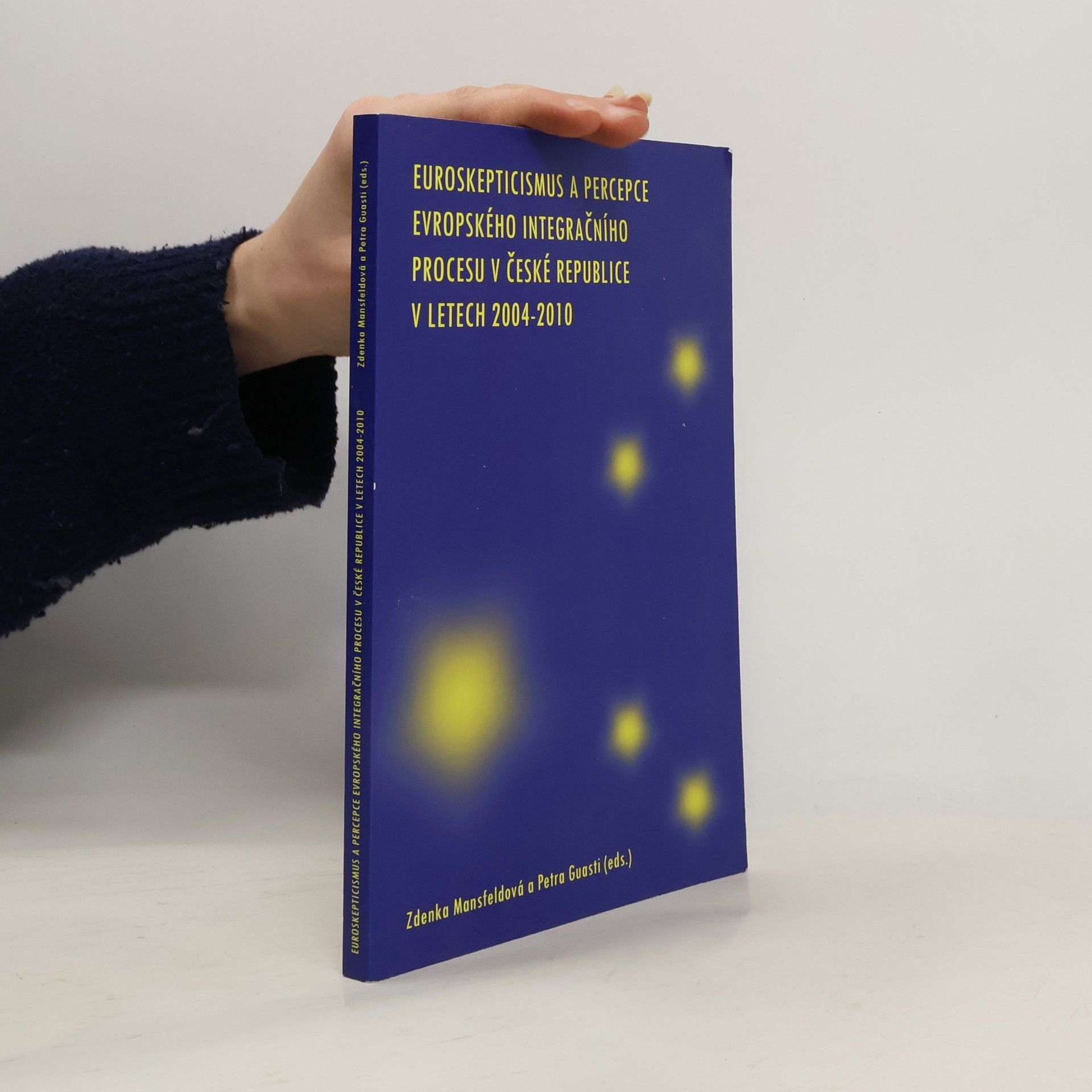
Kniha "Současná česká společnost" spadá do žánru Ostatní. Přejeme příjemné čtení.
Proměny reprezentace zájmů po vstupu do Evropské unie
- 274 stránok
- 10 hodin čítania
Tato publikace se snaží podat empiricky podloženou a vědecky fundovanou výpověď o proměnách politicko-právního institucionálního rámce České republiky, o existujících institucionálních strukturách prostředkování zájmů, o faktorech, které ovlivňují vytváření podmínek pro rozvoj a formování otevřené občanské společnosti, participaci obyvatel na politickém a sociálním životě a prostředkování zájmů mezi jedinci, sociálními skupinami a státem. Zachycuje situaci v době vstupu do EU a změny, ke kterým vlivem členství v EU jako nezávislé proměnné dochází.
Participace a zájmové organizace v České republice
- 244 stránok
- 9 hodin čítania
Autoři této publikace sledují především institucionalizovanou participaci v různých oblastech politického a společenského života. Věnují se těmto tématům: legislativní rámec politické participace a reprezentace zájmů, politické strany, odbory, zaměstnavatelské svazy a profesní komory, sociální dialog, třetí sektor, zájmové asociace územních samospráv a veřejná správa (vztahy veřejná správa - občan, účast občanů na rozhodování). Jednotlivé kapitoly publikace hledají odpověď na následující otázky: 1. Jaké jsou možnosti a bariéry členství v organizacích? 2. Jaká je kvantita a kvalita členství, co členství členům přináší, co jim umožňuje, co získávají? 3. Jaký je vztah zkoumaných kolektivních aktérů ke státu, jenž je ztělesněn především veřejnou správou?
This book examines the influence of the EU on party politics in the ten 'new' EU countries from a variety of perspectives and using a range of empirical sources. The book thus makes an original and distinctive contribution both to contemporary EU studies and to the literature on CE party systems and party development.
Democracy Under Stress. Changing Perspectives on Democracy, Governance and Their Measurement
- 185 stránok
- 7 hodin čítania
